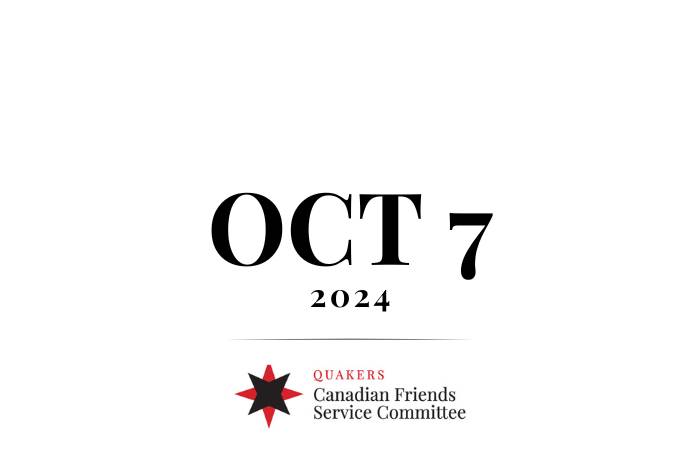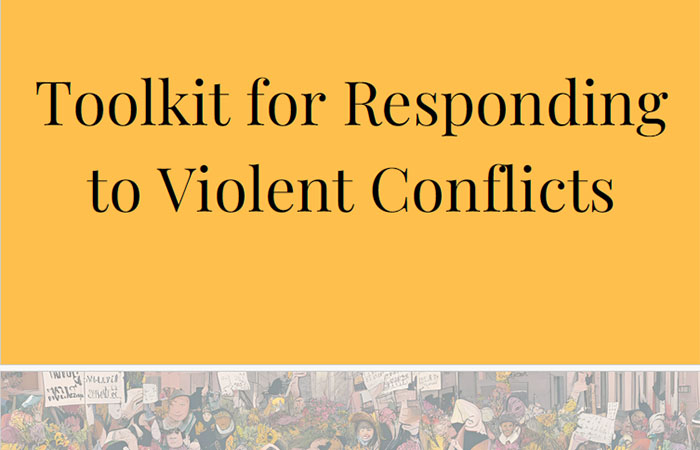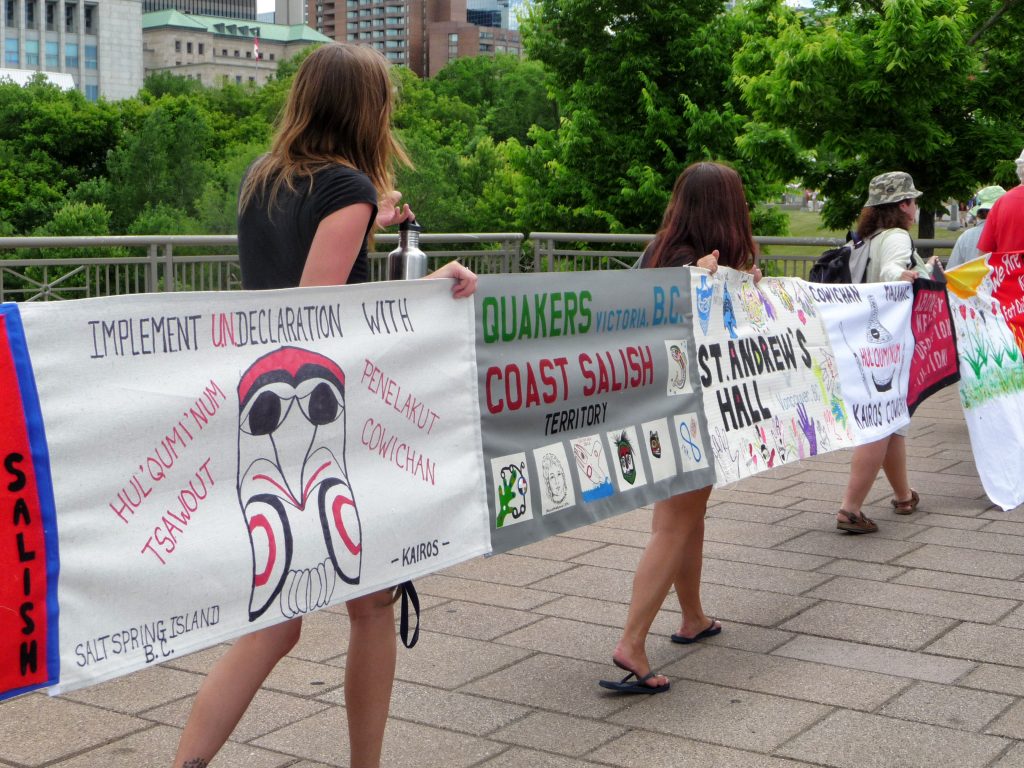
Quaker response to TRC Call to Action 48
March 3, 2016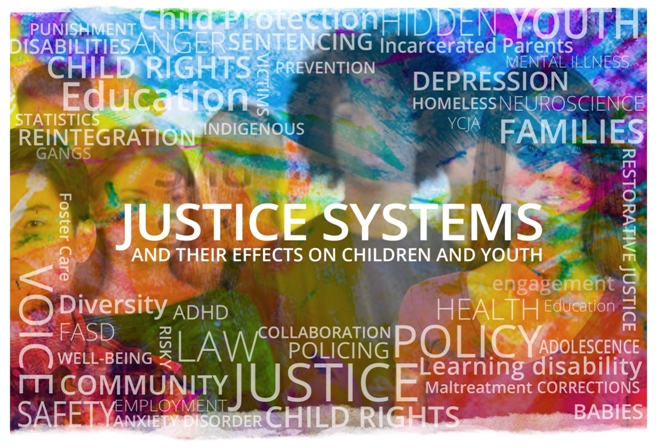
CFSC calls for an end to segregation in prisons
May 25, 2016UN Permanent Forum on Indigenous Issues (UNPFII)
Fifteenth Session
Thursday, May 12, 2016
Agenda Item 4
Statement delivered by National Chief Perry Bellegarde
Assembly of First Nations, Canada
Joint Statement of: Assembly of First Nations; First Nations Summit; Grand Council of the Crees (Eeyou Istchee); Native Women’s Association of Canada; BC Assembly of First Nations; Canadian Friends Service Committee (Quakers); Indigenous World Association; Amnesty International; Union of BC Indian Chiefs; KAIROS; National Association of Friendship Centres
I would like to acknowledge the Chairperson and my Indigenous brothers and sisters from around the world. Greetings, my name is Perry Bellegarde, National Chief of the Assembly of First Nations representing 634 First Nations from across Canada with 1.4 million citizens from 58 different Indigenous nations. I am a member of Little Black Bear First Nation and a citizen of the Cree Nation. Today I am also speaking on behalf of several Indigenous peoples’ and human rights organizations, with whom we work in coalition. We greet you all in a humble, respectful way. I would like to acknowledge the hereditary leadership of the Gitsxan, Wet’suwet’en, Haida and Tsimshian Nations and all other Indigenous Nations here today.
We commend Canada for announcing unqualified support for the UN Declaration on the Rights of Indigenous Peoples. I would like to lift up Minister Jody Wilson-Raybould and Minister Carolyn Bennett for their statements. This is a critical step to achieving a just and lasting reconciliation between Indigenous peoples and Canada. Now, we look forward to the hard work of translating that expression of support into action as full partners, both in Canada and internationally.
To that end, we welcome the study of the Permanent Forum on how states derogate from the UN Declaration using procedural rules in international organizations. For us, this is the modern expression of the Doctrine of Discovery. First Nations know that Procedural violations often lead to Substantive violations. We will not accept states defining our rights in our absence or holding discussions while we observe in silence.
Since we last gathered here, the Truth and Reconciliation Commission (TRC) of Canada submitted its Final Report and 94 Calls to Action. The TRC called upon the federal government, among others, to “fully adopt and implement” the UN Declaration as the framework for reconciliation. The Prime Minister has agreed to implement all Calls to Action.
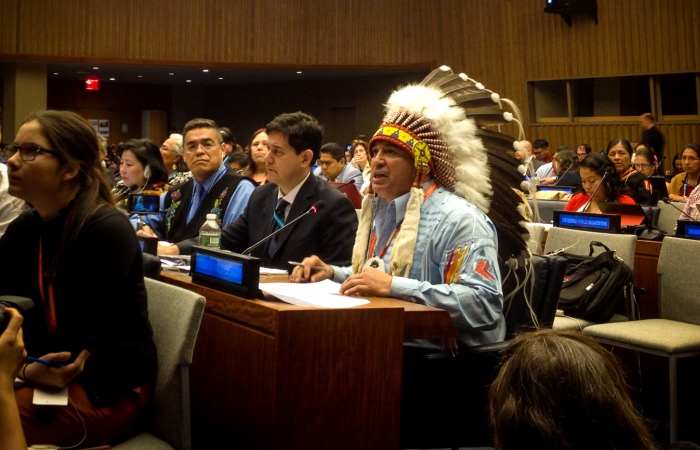
National Chief Perry Bellegarde delivering joint statement at UNPFII. Photo credit – Rachel Singleton-Polster
After decades of non-recognition and denial of rights, Indigenous peoples must be full partners in the reform of state laws and policies. The UN Declaration provides a framework for the law and policy reform needed to ensure justice and achieve reconciliation, harmonious relations and lasting peace.
Member states have repeatedly denied that Indigenous peoples have the right to exercise self-determination with regard to the development of our lands, territories or resources, even when that development threatens our food sources, our cultures, our security, and our survival as distinct peoples. Such actions have threatened the peace.
Former Special Rapporteur Anaya concluded in 2012: “natural resource extraction and development on or near indigenous territories had become one of the foremost concerns of indigenous peoples worldwide, and possibly also the most pervasive source of the challenges to the full exercise of their rights.”
Recognizing Indigenous peoples’ human rights, including the free, prior and informed consent to development on our traditional lands and territories, will lead to greater peace and security for all. FPIC, very simply, is the right to say yes, and the right to say no. It is much more than a process of consultation.
I bring to your attention the recommendation of the Committee on Economic, Social and Cultural Rights, made to Canada earlier this year:
that the State party fully recognize the right to free, prior and informed consent of indigenous peoples in its laws and policies and apply it in practice. In particular, it recommends that the State party establish effective mechanisms that enable meaningful participation of indigenous peoples in decision-making in relation to development projects being carried out on, or near, their lands or territories. The Committee also recommends that the State party effectively engage indigenous peoples in the formulation of legislation that affects them.
Implementing the UN Declaration as a framework for reconciliation will usher in an era based on justice, recognition of rights, and partnership. It will return us to the relationships entered into by our ancestors, relationships founded on peace, security and prosperity for all in Canada and beyond.
Indigenous peoples are calling for the full adoption and implementation of the UN Declaration by Canada through a legislative framework. The Private Members Bill C–262 tabled by Indigenous member of Parliament Romeo Saganash is a floor for action. We welcome discussions on how best to build upon the foundation in his Bill to achieve peace, justice, and well-being.
We recommend that:
- All states honour the commitments made in the Outcome Document of the World Conference on Indigenous Peoples, including the commitment to respect, promote and advance and in no way diminish the rights of Indigenous peoples. Also, national action plans are to be developed, in cooperation with Indigenous Peoples, to implement the UN Declaration.
- Legislative frameworks for implementing the UN Declaration affirm its central significance in the process of national reconciliation. Such implementation would highlight the importance of harmonizing state laws consistent with the UN Declaration.
- National laws, regulations and policies – especially those dealing with resource development – be reformed to ensure that the free, prior and informed consent of Indigenous Peoples is required for any decisions that have the potential for serious impacts on the environment and on their rights.
- States and Indigenous peoples should monitor and report on progress made on the ongoing implementation of the UN Declaration.
Thank you.
Download this joint statement in PDF.
Read more statements about Indigenous Peoples’ human rights.


